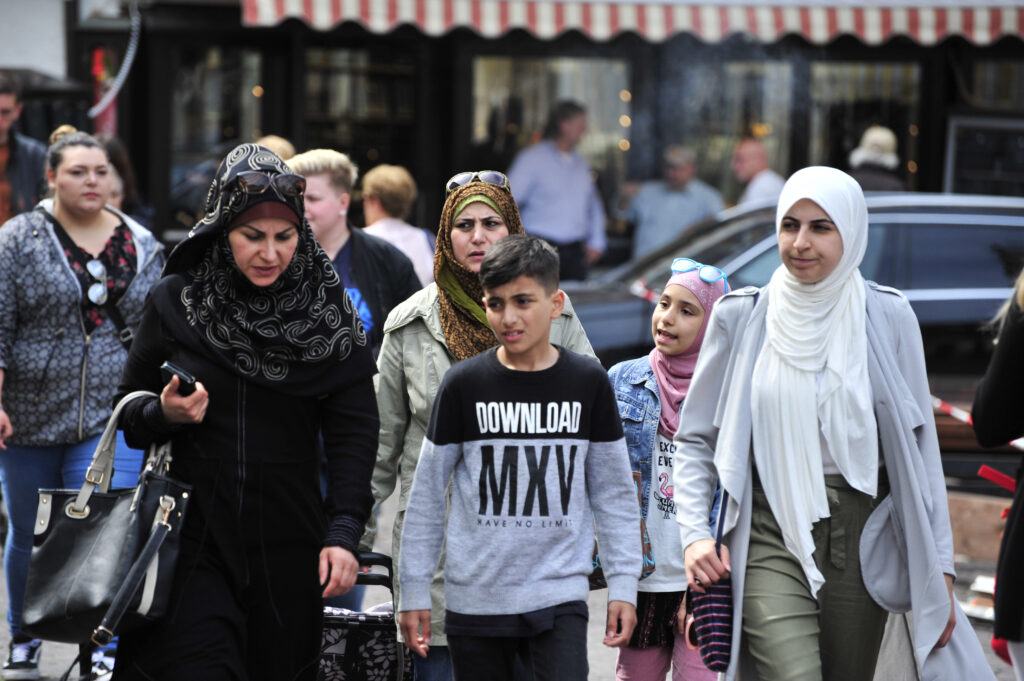The record number of votes received by the far-right, Islamophobic Alternative for Germany (AfD) party in state elections has raised concerns among German Muslims.
The AfD saw a surge in support in the September 1 elections, with the party coming first in the state of Thuringia and second in Saxony.
The results have alarmed Muslim Turks, who make up one of Germany’s largest immigrant communities (around 3 million people).
Alternative for Germany (AfD) is infamous for its views and rhetoric regarding Islam, arguing that it is incompatible with Western values and German society.
They have called for restrictions on Islamic practices and have been critical of the construction of mosques and the wearing of religious symbols such as the hijab in public spaces.

The party’s broader anti-immigration stance often includes a focus on Muslim immigrants, linking them to security concerns and cultural issues.
German Turks fear that if the AfD gains more power at the federal level, it could lead to increased xenophobia and the targeting of foreigners.
Subscribe to our newsletter and stay updated on the latest news and updates from around the Muslim world!
“Of course, it is worrying when a far-right party gets 30% or more of the votes in Germany,” said Hayrettin Kurt, a resident of Cologne. “When we remember the Second World War, it is frightening that a country like Germany has such a high level of support for a right-wing party.”
“In the future, they will try to send foreigners back to a large extent,” Kurt said, referring to if the AfD came to power at the federal level. “They would try to send back asylum seekers. Xenophobia will necessarily rise. Exclusion will rise. Daily life will become more difficult for foreigners.”
Ali Nesanir, who runs a kiosk in Cologne, echoed those concerns. “This rise in the voting rates worries us severely. My fear is that at this rate, the AfD will enter the parliament and take the majority. This would be very bad for us foreigners.”
Ali Haydar Gunes, who was born in Germany and has German citizenship, said: “The rhetoric of far-right politicians is absolutely wrong, they are pursuing a wrong policy.”
Nurettin Demir, also from Cologne, said: “I think that if they come to power in the future, we will have very big problems. Not only me but all the foreigners here, especially the Turks, are very worried.”
The AfD’s success marks the first time since 1945 that a far-right party has come first in a German state election.
The party increased its share of the vote by 9.4% in Thuringia and 3.1% in Saxony compared to the previous election.
The results have dealt a blow to mainstream parties, which form the federal government in both states.























